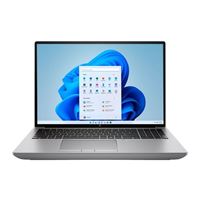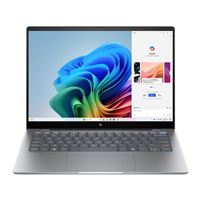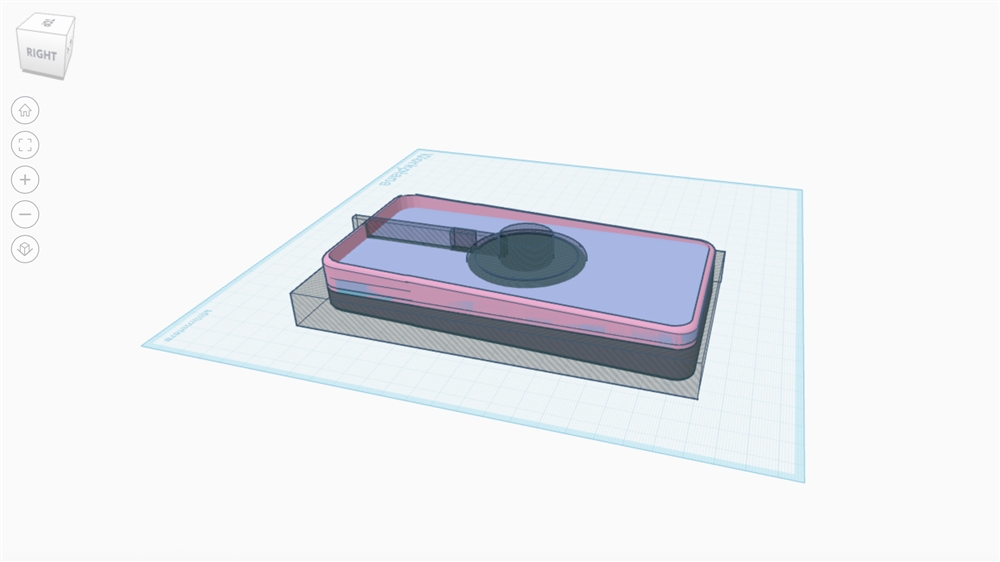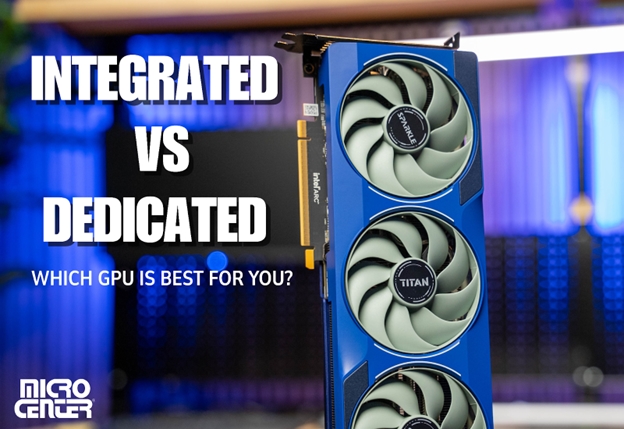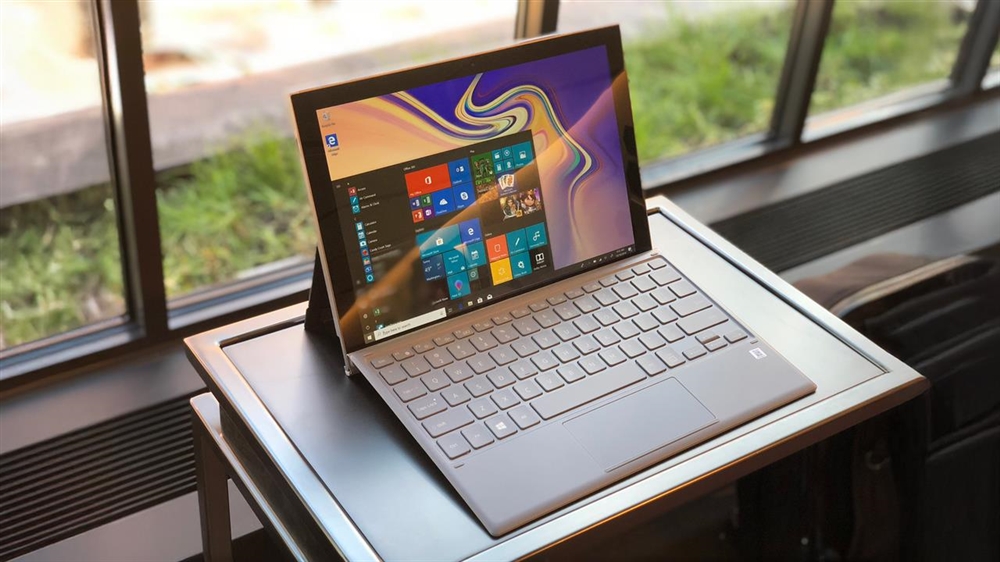HP Goes All-In on AI PCs
At its Amplify 2025 event, HP unveiled a new strategy centered around local AI performance and a custom-built AI companion.News
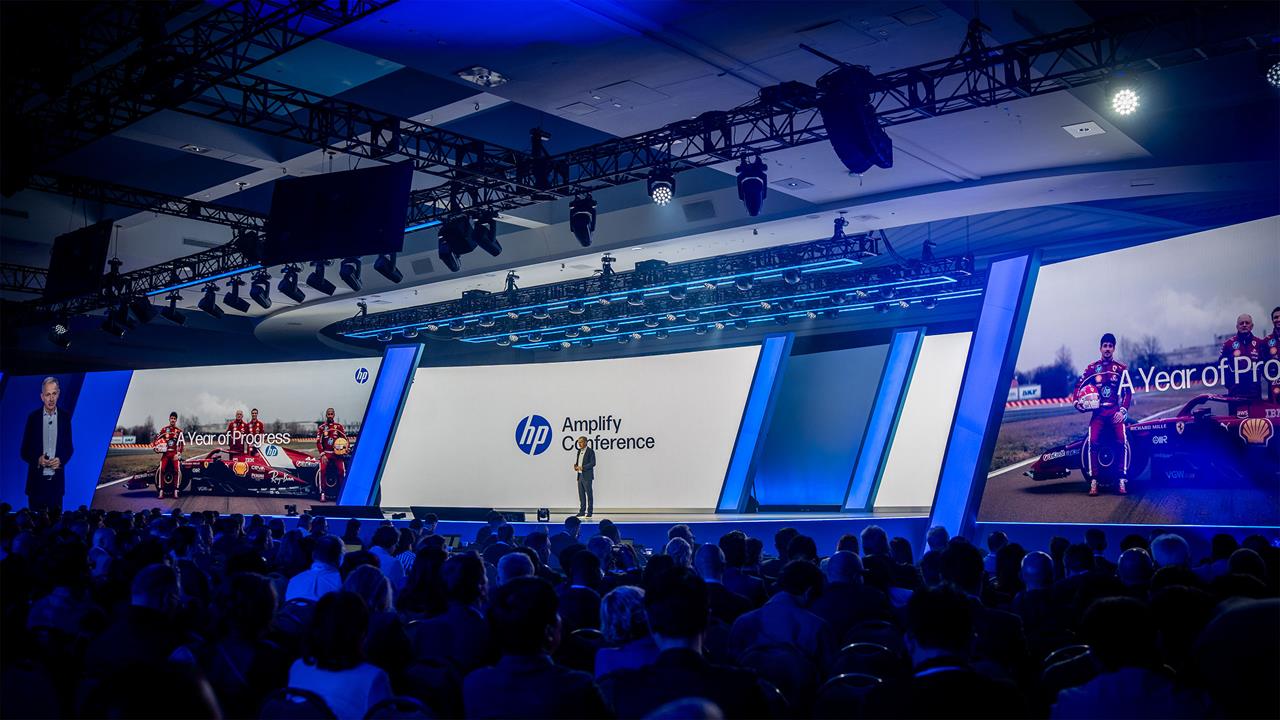
AI has become the biggest story in personal computing, and HP acknowledged that fact at its Amplify 2025 Conference by announcing an ambitious lineup of new devices and services, all designed around AI-first workflows. That includes new Copilot+ consumer laptops and new AI workstations capable of running large language models locally. Much of it is anchored by the company's evolving HP AI Companion app, which mixes cloud-based and local AI under a single roof.
The highlight for AI watchers might be the ZGX Nano AI Station G1n, a compact but high-powered mini-desktop. It's basically HP's version of the NVIDIA DGX Spark (previously known as DIGITS), the book-sized AI supercomputer announced at CES 2025.
Both the ZGX Nano and DGX Spark are local AI development boxes aimed at an audience of data scientists, AI researchers, and creative pros building or running local AI models. The HP version will arrive preloaded with developer tools and an AI software stack.
All this points to a future where AI moves away from the cloud and lives locally on your devices and on your network. That's key for industries with tight privacy or security demands.
For the rest of us, HP’s most consumer-visible AI innovations come in the form of two new laptop families. The HP EliteBook 8 Series is HP’s next-gen business line, now with up to 50 TOPS of NPU performance. They're also reasonably modular and repairable, a feature I always like to see.
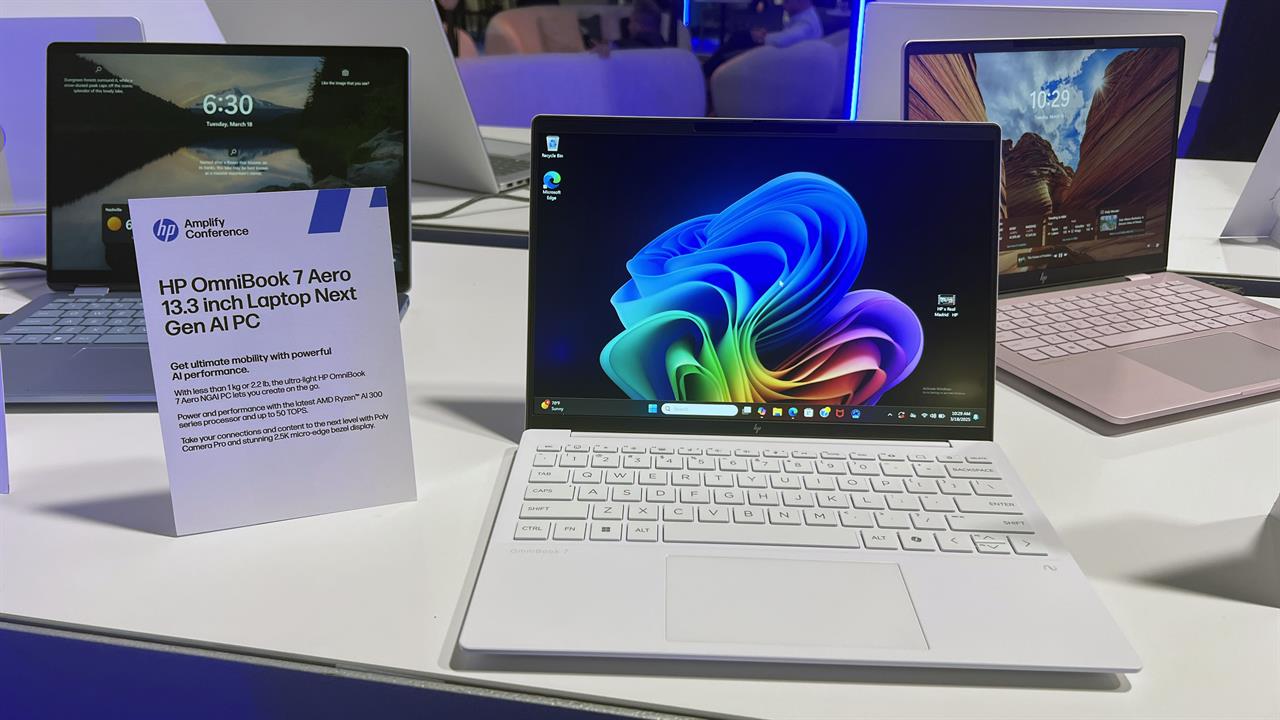
The HP OmniBook is a line of thin-and-light premium laptops that combine modern designs with Copilot+ AI features. OmniBook is a recently revived classic HP name, originally dating to 1993, and I like the retro-futuristic vibe the name gives off. One standout from the show was the OmniBook 7 Aero, a 13-inch laptop weighing less than 1kg (2.2lbs).
While the OMEN brand has long been HP’s flagship gaming line, this year's new OMEN 16 Slim is the first to include OMEN AI, a new system that learns your gaming habits and dynamically optimizes performance, cooling, and power draw. HP says it can predict when a game will push your hardware and preemptively adjust CPU/GPU behavior to maintain higher frame rates and keep thermals in check.
But new hardware is only part of the story. HP also talked a lot about its AI Companion software, which comes pre-installed in new HP AI PCs and lives on those systems alongside other tools like Microsoft Copilot.
The HP AI Companion is HP’s answer to the increasingly crowded field of AI-powered productivity tools, with a specific focus on personalization and local control. When running locally, it uses the Phi 3.5 LLM, but jumps to a HP-hosted version of GPT-4o when it needs to access a cloud AI.
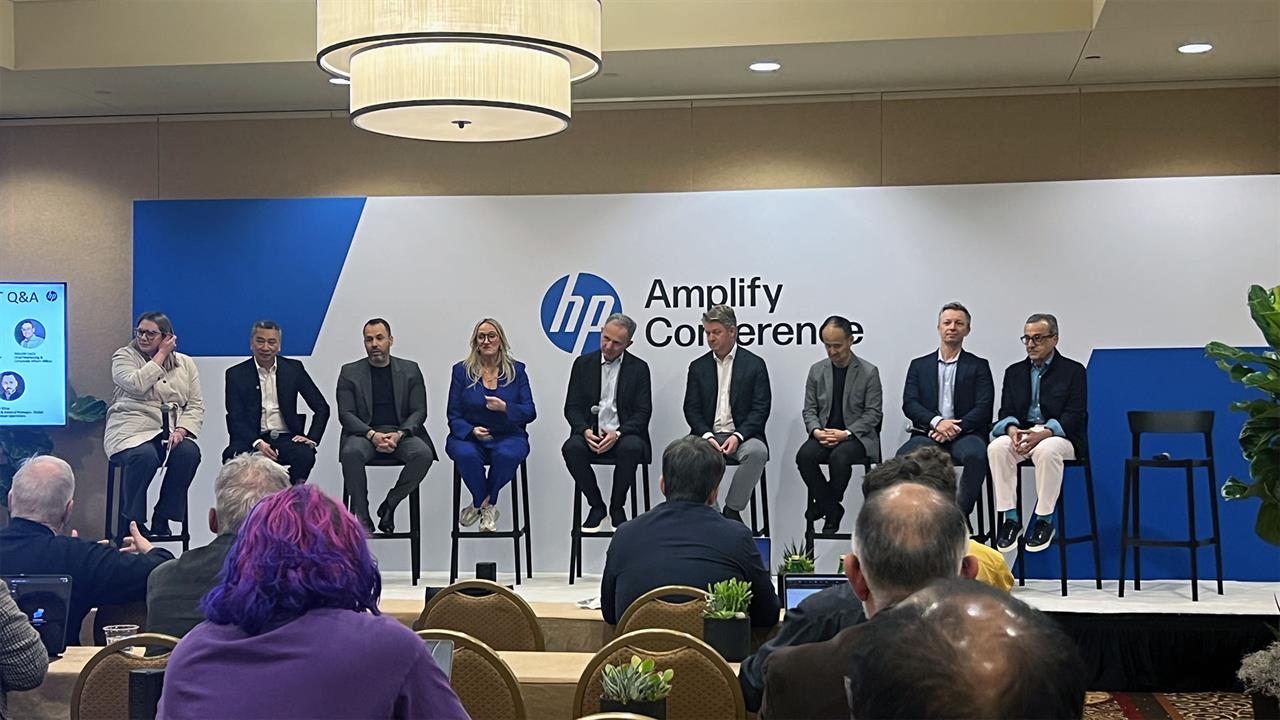
While Microsoft’s Copilot handles general queries and can integrate with Office 365, HP’s version leans into contextual user assistance, including an Analyze tool that works from a user-created document library, keeping your data local and secure. New AI Companion features planned for this Spring include voice commands, a "local-only" AI toggle, and better ways to highlight new partner software that works well with a laptop's NPU.
At a small executive leadership roundtable with journalists, HP CEO Enrique Lores summed it up, saying that in the near future, "Every PC is going to be an AI PC." And even in the interim, Lores says, "Any new PC we give to employees will be, from now on, an AI PC, because we see this coming and we realize we need to be a company that uses them across the board."
Read more: AI Tools and Tips
- DeepSeek's New AI Challenges ChatGPT — and You Can Run It on Your PC
- How To Improve Your AI Chatbot Prompts
- How I Turned Myself into an AI Video Clone for Under $50
- What is Meta AI? A Capable Chatbot That’s 100% Free
- Hands-on with ChatGPT o1-preview, OpenAI's Latest Innovation
- How to Get Started with Copilot for Microsoft 365
- Getting started with LM Studio: A Beginner's Guide
- Meet Claude, the Best AI You've Never Heard of
Micro Center Editor-in-Chief Dan Ackerman is a veteran tech reporter and has served as Editor-in-Chief of Gizmodo and Editorial Director at CNET. He's been testing and reviewing laptops and other consumer tech for almost 20 years and is the author of The Tetris Effect, a Cold War history of the world's most influential video game. Contact Dan at dackerman@microcenter.com.




